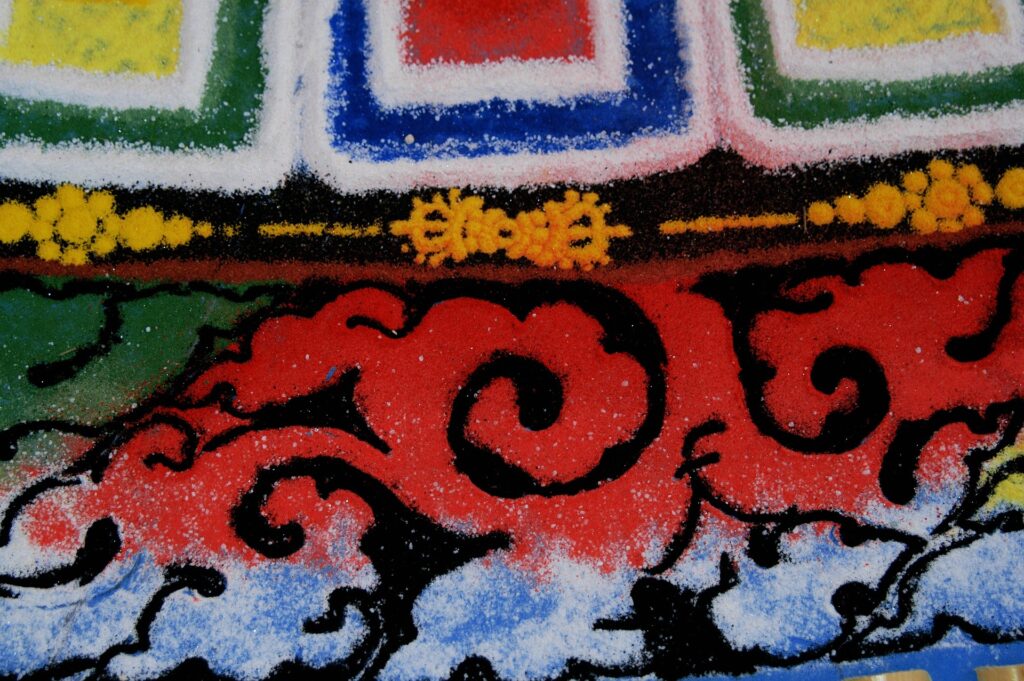Impermanence, or change, is a theoretical concept embraced by a variety of religions and philosophical thought. It is an essential belief in Buddhism and one of the principles of Hinduism. Plato, Kant, Nietzsche, and Confucius all insisted that ever-present change was the fundamental essence of the universe.
It’s been my experience that ever-present change is indeed true, and even though I’ve gone through tons of changes in my life, from moving a bunch of times to shifting careers to reinventing myself, I still find change difficult, especially when I get attached to things like my routines. Routines provide a certain amount of predictability in my life, which in turn helps me sleep better, gives me more time to relax, and boosts my sense of well-being.
So, when confronted with the prospect of possible big changes coming my way, that will certainly alter my routines, I found myself thinking a lot about the concept of ever-present change.
In Tibetan Buddhism, there is a tradition of creating and destroying a circular sand mandala; a work of art, using millions of pieces of colored sand to promote peace and healing. Traditional sand mandalas can take weeks to build and only a few hours to demolish; the brushing away signifying the impermanence of existence. Everything changes and nothing lasts forever.

I had the privilege of watching this process once. A group of Tibetan Buddhist monks, over the course of a few weeks, painstakingly and beautifully crafted a 7’ sand mandala. During its construction, I often visited to watch the monks. They seemed to be in complete meditative harmony, and I marveled at the finished product. It was magnificent.
However, I was even more impressed by the ceremony that followed. They swept up the sand and later poured it into a nearby river. As the particles of sand disappeared into the flowing water, the monks continued to chant, their faces bright and joyful.
It was such a beautiful moment. To witness the creation of something so exquisite and at the same time watch it completely vanish into nothingness. The monks seemed to radiate peace and happiness; embodying the truth that all things arise, and all things pass away. Dust to dust. Ashes to ashes.
Change can be challenging at times, but I think I will try to embrace it in the same way those monks did when they poured the sand into the surging river. Or at least I’ll try.
They must change often, who would be constant in happiness. Confucius
Solace is everywhere. Enjoy the passage of time.
Sharon
© 2023. Sharon Kreider. All Rights Reserved


Comments are closed.